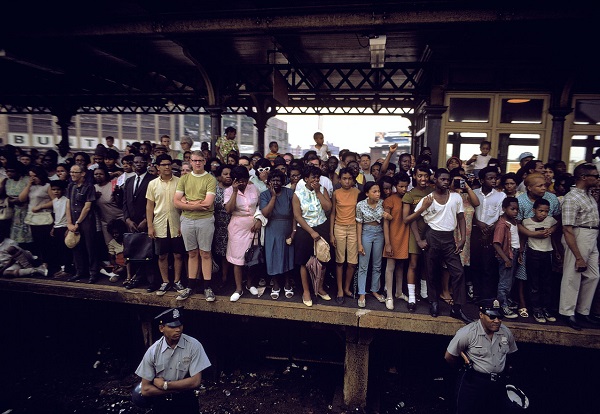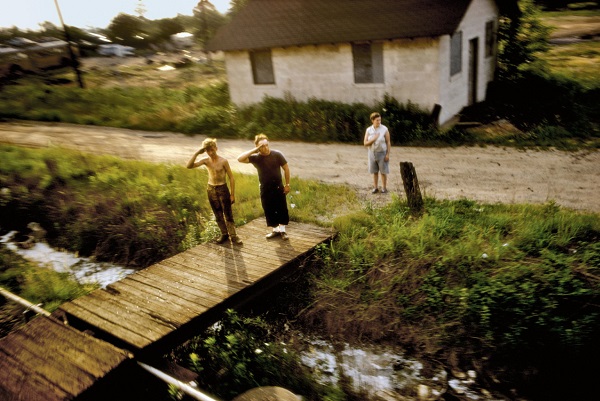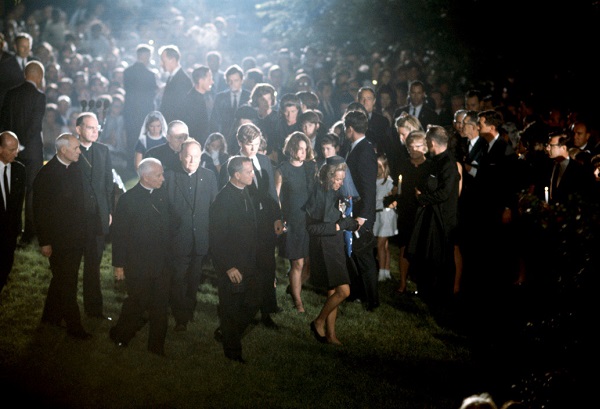Sunday surprise, the selfsame song
Sunday, July 8th, 2018[ by Charles Cameron — whether willed by the brain or torn from the heart, the one, same cry for mercy — in chant, by Bach, and by Ray Charles & BB king ]
.
A stranger in my Twitter-stream just tweeted a link to a current Australian report on an opening window for rescue operations for the boys trapped in that cave in norther Thailand, two and a half miles under ground:
Even if you are not the praying kind, pray nowhttps://t.co/dadpcXTT6q
— G??? C??????? (@GrayConnolly) July 8, 2018
[ the video in this tweet is from a continually updated news feed — at time of writing, the rescue op was just beginning ]
Fate may be fate, prayer may or may not influence events — perhaps prayer may only help us, the watching world ouiside that cave, those circumstances, that peril — the urge to pray is no respecter of particular religions, Christians, Buddhists, Atheists, we all may feel the instinct to pray.
The prayer is the most basic cry, as we shall see in three versions: the timeless Gregorian chant, the beauty of the Erbarme Dich from Bach‘s Matthew Passion, and that selfsame song as Ray Charles sings it with BB King.
**
Gregorian chant:
Kyrie XI [ Lord, Have mercy ] from the choir of St Pierre de Solesmes, my favorite haunt when I was seventeen, with the greatest chant scholars and choir in the world:
That floating, swooping melody is characteristic of the chant.
**
Erbarme dich, mein Gott [ “Have mercy Lord, My God, for the sake of my tears” ] by JS Bach
If we lose have mercy, Lord from our conceptual vocabulary, we lose a higher octave of hope, of the necessity of surrender.
Erbarme Dich may be the single sweetest moment in Bach‘s The Matthew Passion, itself arguably the greatest piece of church music ever written — a monumental, gloriously beautiful, grief-stricken work.
**
Pure blues: Sinner’s prayer, Ray Charles and BB King:
If neither Bach nor the chant speak to you, perhaps the blues will — and if all three touch you, how wonderful the variety of expressions of the one prayer:
Lord please have mercy .. have mercy if you please..
**
Footnote: Other unforgettable versions:
JS Bach, Kyrie from the B Minor Mass WA Mozart, Kyrie from the Requiem Mass
**
Lord have mercy on the boys in the cave — knowing that the rescue task will be arduous, we ask mercy with hope and a readiness to surrender, to greet whatever outcome with our hearts flung open to grief or joy as the case may be.






